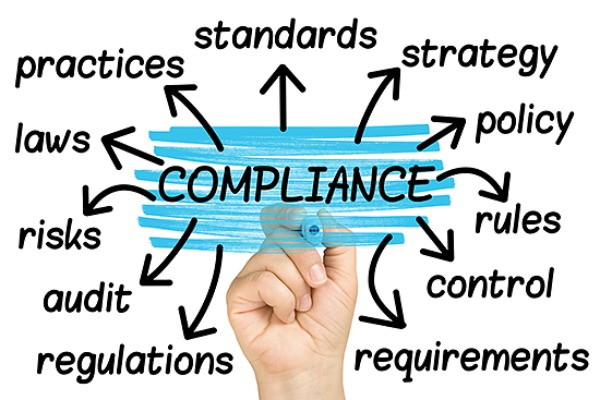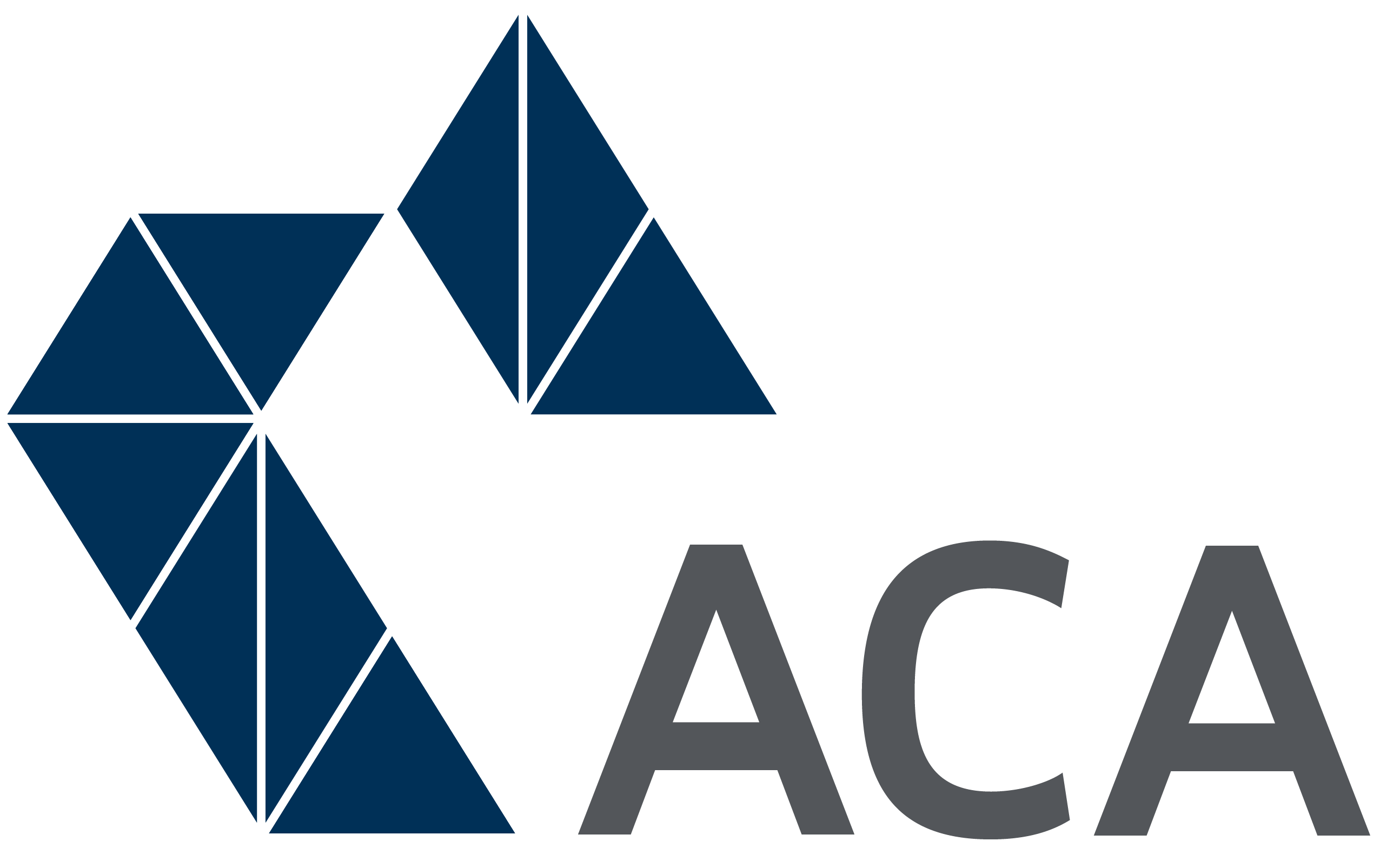
What is a Complying Written Arrangement (CWA)?
A Complying Written Arrangement (CWA) is an ongoing agreement between an ECEC service provider and a Parent/Guardian, to provide care in return for fees.
The CWA must contain a minimum amount of information as defined by the Government.
Service providers are required to have a CWA in place for each child in their care, as set out in subsection 200B(3) of the Family Assistance Administration Act.
The CWA needs to include all of the following (in accordance with subsection 200B(3) of the Family Assistance Administration Act):
-
the names and contact details of the parties to the arrangement
(ie. the relevant names and phone numbers of the family, and the service provider name and phone number - if the service is owned by an organisation such as a corporation or family trust, this name must be included in the CWA (as it is the legal entity the service is operating under)
In order not to confuse your families, you may wish to state the trading name as well. Eg. "Joe Bloggs Family Trust, trading as Joe Bloggs Early Learning".
-
the date the arrangement was entered into
-
the name and date of birth of the child to whom sessions of care are proposed to be provided
-
whether care will be provided on a routine basis under the arrangement, and if so:
- details about the days on which sessions of care will usually be provided; and
- usual start and end times for these sessions of care
-
whether care may be provided on a casual or flexible basis under the arrangement (either in addition to, or instead of, being provided on a routine basis)
-
details about fees proposed to be charged to the individual for the sessions of care provided under the arrangement, which can be detailed by reference to other material (such as a fee schedule or information available on a website maintained by the provider) that the parties expressly understand may vary from time to time.
Note 1: Paragraph 85BA(1)(b) of the Family Assistance Act provides that an individual be eligible for CCS where, among other requirements, the individual has incurred a liability to pay for a session of care under a complying written arrangement. Such an arrangement must both comply with the requirements set out above and be stated in terms that clearly establish a liability to pay for sessions of care in order for an individual to be eligible for CCS for a session of care.
Note 2: An arrangement can be in hardcopy or electronic form.
Additional information can be included to support the individual’s understanding of their payment obligations.
Who needs a CWA?
A CWA is required for both of the following:
- Transitioning families
For the purpose of the transition, a family deemed to be a “transitioning family” must have been enrolled at your ECEC service prior to 29th March 2018.
- New families
For all families who have started attending ECEC services 30 March 2018 onwards, the service provider must ensure that they have all the information as specified in the Secretary’s Rules regarding CWAs.
What are my compliance obligations regarding CWAs?
Firstly and most importantly, the CWA does not need to be an independent, stand-alone document – it can be a combination of a number of written exchanges between your families and your service. However these items must be able to be produced in the event of an audit or a query from a parent/family about their fees.
The Department of Human Services (“the Department”) will not require copies of your CWA written exchanges in the normal course of administering the CCS. The only time they will require evidence of your CWAs is if they decide to do an audit of your service – the CWA is purely an agreement between the family and the service provider.
In order to ensure your service is CWA-compliant, you will need to consider:
Phase 1 – Initial enrolment process
Does your existing Enrolment Form need to be modified to include more information to comply with the CWA requirements?
You will need to check the level of detail in your existing forms.
Things that are likely to be in your existing enrolment forms:
- the names and contact details of the parties to the arrangement
- the date the arrangement was entered into
- the name and date of birth of the child to whom sessions of care are proposed to be provided.
Things that are possibly in your existing enrolment forms:
- Details about the days and which sessions are usually provided
- Details about fees proposed to be charged to the individual for the sessions of care provided under the arrangement, which can be detailed by reference to other material (such as a fee schedule or information available on a website maintained by the provider) that the parties expressly understand may vary from time to time.
If you already have some sort of acknowledgement of a fee policy in your current enrolment form, it is important to update the wording of your references to fees to ensure that parents expressly understand that the fees may change from time to time. The actual fees do not need to be within the enrolment form, but they should point to a fee list/schedule available to the family elsewhere (such as the service provider website, parent handbook or centre foyer display board).
Things that will not be in your existing enrolment forms:
- Whether the care provided is on a routine basis, on a casual basis or flexible (“routine with casual care”) basis under the arrangement.
(This is a new requirement under the CCS and will need to be reported to the Department as part of the enrolment notice process.)
Routine care – care that can only occur on the specified days that have been agreed to. There can be no flexibility for changing agreed arrangements with the family.
Casual care – entirely casual under an agreement that does not specify which specific days a child will attend care from week to week
Flexible care ("Routine with Casual care") – care under an agreement that allows for some flexibility from week to week surrounding a set of agreed routine days. It’s important to note that if these changes become a consistent pattern, the information that forms the CWA will need to be updated, along with the enrolment notice.
If your existing practice is to offer your families any level of flexibility (ie. swapping or adding days on a short-term basis), you will need families to select the flexible option on the enrolment form.
- Usual start and end times for sessions of care – this will become particularly important if you are offering sessions shorter than a full day. This is likely to be a simple scenario should you only offer one session type (ie. daily rates). This becomes more complicated should you be considering a variety of session offerings as a result of the new CCS.
If you are considering a variety of sessions, we recommend that you make use of ACA’s new modelling tool, which has been designed by PwC (formerly known as Pricewaterhouse Coopers) to help you consider your service model options and determine the most sustainable way ahead for your service under the new system.
Phase 2 – Any changes to family requirements post initial enrolment
Whilst a lot of the CWA information will be collected during the initial enrolment phase, it is important to note that any permanent changes to a child’s attendance patterns will need to be captured via a written exchange with parents.
This written exchange could be via an email, a change of care form signed by parents or possibly a letter.
You may also consider developing a separate form for families to complete when requesting changes of days, to ensure you have captured this information as required.
This may also be captured via your third party software provider if you currently use any sort of electronic enrolment process.
The important point here is that you must be able to produce these records, should they be called upon by the Department or the family.
It is also important that you refer to the latest online version of the Provider Handbook (we will provide a link to this when available - the Department is currently organising this) in addition to the information provided by ACA to understand your compliance obligations.
ACA has produced a blog article - "FAMILIES: Make sure you’re ready for the new Child Care Subsidy" - to assist existing and new families in adopting to the new system and making sure they are registered correctly. We encourage you to share the article with your families electronically.







